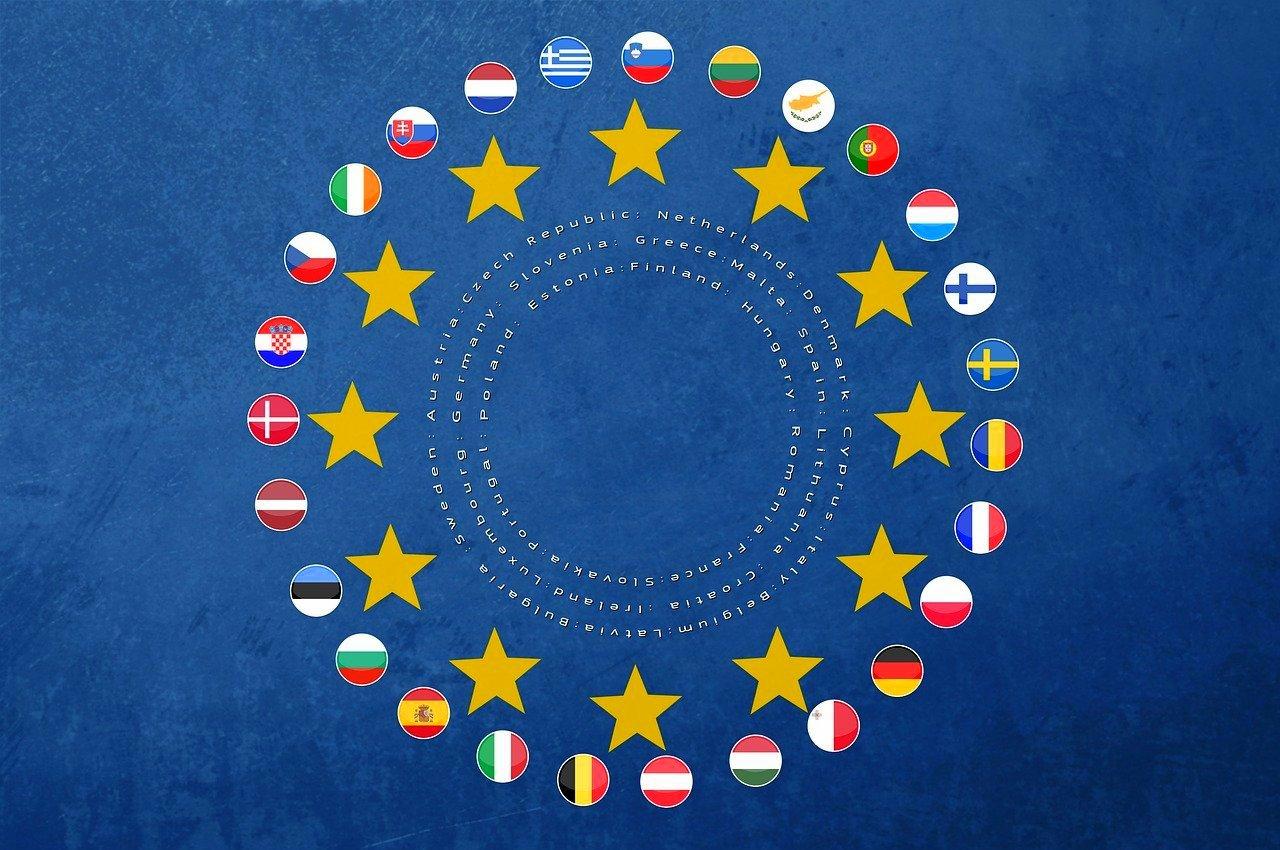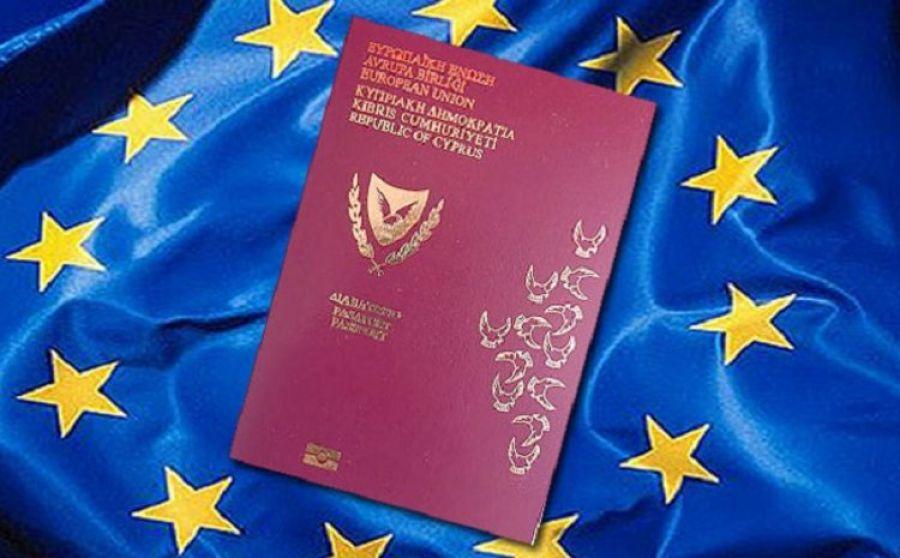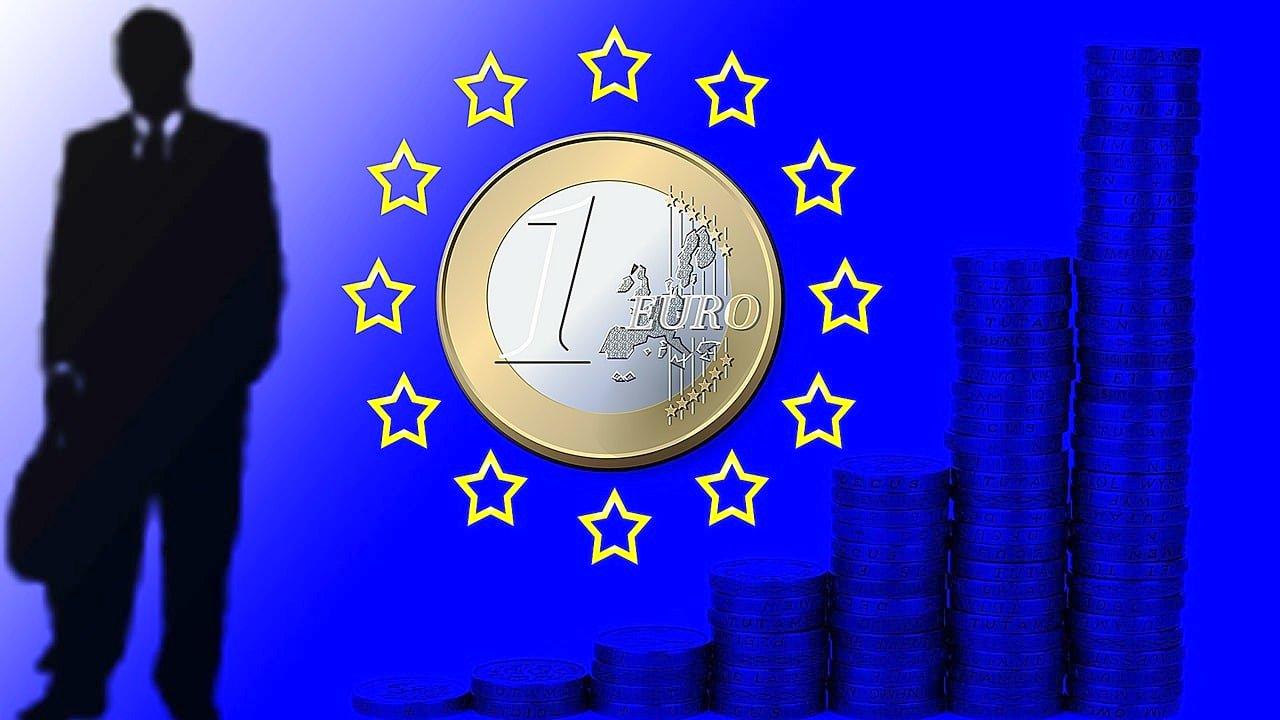On May 1, 2004, Cyprus became a full member of the European Union. This momentous event is seen as a significant step not only for the small Mediterranean country but also for all of united Europe. It is important to note that the EU accession applied to the entire island, despite the international non-recognition of the northern territories. This is due to the fact that de jure, the island is officially recognized as the Republic of Cyprus, while the EU jurisdiction is suspended in the occupied part of the island. As in all EU countries, both Eurosceptics and Euro-optimists reside in Cyprus. The number of the former tends to grow in times of financial and economic crises, or when new European decisions and standards clash with national legislation or traditions. Some citizens believe that the EU protects and promotes the development and strengthening of Cyprus, while others hold the opposite view.
Core Principles of the European Union
The European Union operates based on the principles of free movement of people, goods, services, and capital. Special attention is given to protecting the rights and freedoms of EU citizens and maintaining Europe’s economic stability. The EU’s efforts focus on preserving and developing a stable internal market and effective trade mechanisms. United Europe seeks a strong global presence to benefit all its citizens and aims to maintain peace and build solid economic and diplomatic ties between member states.
The EU is founded on unity, solidarity, democracy, and respect for human rights. Citizens are encouraged to respect European cultures, traditions, and languages. Unified legislation facilitates residents' access to all EU countries, eliminates customs duties and procedures, simplifies residence permit processes, and lowers tuition fees for EU students across Europe.

Cyprus’s Role and Mission in the EU
Alongside EU membership, the Republic of Cyprus is part of the European Economic Area (EEA), a platform built on a free trade zone. All citizens of Cyprus are also EU residents, which grants them a wide range of privileges. EU law takes precedence over national laws of any member country, including Cyprus. Accordingly, since 2004, Cyprus has had to align a large portion of its laws and tax system with European norms. The necessary reforms aimed to eliminate abuses, strengthen tax transparency, and introduce appropriate European standards.
Cyprus’s participation in the EU strengthens its political, economic, and negotiating position, and supports the development of good-neighborly relations with other member countries. Over the past 20 years, as a beneficiary of the EU, the Republic has weathered crises, achieved stable economic indicators, increased trade volume sixfold, and now boasts an annual economic growth rate of 4%. The island’s strategic location makes it a vital regional business and transport hub. During its EU membership, Cyprus has become a solid base for European companies and supports EU engagement in the Eastern Mediterranean and the Middle East. Cyprus contributes to the EU’s rapid reaction forces, offering its logistics, communications, medical, and rescue services to help maintain regional peace.

EU Rules for Individuals
As mentioned, EU law ranks above national law. Regulations concerning individuals and legal entities must be communicated to Cyprus residents by the government. In turn, Cypriots enjoy all the privileges of EU citizenship. EU citizens can move, work, shop, study, invest in, and live in Cyprus without restrictions. However, expats must register with the Civil Registry and Migration Department within 4 months of moving to the island.
Third-country nationals can apply for a residence permit under the laws of the Republic of Cyprus. While in Cyprus, they enjoy the civil rights and freedoms established throughout the EU, including the rule of law and protection against discrimination of any kind. The EU fully recognizes residence permits issued by the Republic. However, such status does not automatically allow third-country nationals to travel within the EU without appropriate visas and documents. To address this, Cyprus is in the final stages of preparing for accession to the Schengen Agreement.

EU-Funded Projects in Cyprus
Since Cyprus’s accession, the EU has supported the country on its most sensitive issue—the partial occupation and division of the island. In 2004, the EU fully endorsed the UN Secretary-General Kofi Annan’s reunification plan, but the Cypriot leadership rejected the peace initiative. The EU continues to view Cyprus as a single, indivisible state and works to improve political conditions and foster dialogue between both sides of the conflict. Moreover, the EU provides a buffer against potential geopolitical shocks.
Since joining the Eurozone on January 1, 2008, the EU has made significant efforts and financial contributions toward restoring and growing the Cypriot economy. Several economic adjustment programs have been implemented with tangible results: Cyprus exports approximately 35% of its goods to the EU and imports 60% from it.
In preparation for its scheduled presidency of the Council of the EU in the first half of 2026, Cyprus is working to ensure effective preparation and optimal outcomes for both itself and the continent. Cyprus faces the same migration challenges as Greece, Italy, and Spain but addresses them with EU support. The Union also supervises and assists with reforms aimed at improving governance, fighting corruption, and aligning with EU standards. The European Social Fund enhances the skills and qualifications of the Cypriot workforce across various sectors and provides training and assistance to the underprivileged.

Examples of EU-Funded Programs
The EU regularly invests in Cyprus and provides grants primarily aimed at:
- Preserving historical heritage and supporting scientific research;
- Developing the economy, infrastructure, and renewable energy;
- Exploring and extracting hydrocarbons in the Mediterranean Sea;
- Supporting education and healthcare;
- Creating jobs and improving workforce qualifications.
At the beginning of its European journey, Cyprus received substantial assistance to raise income levels to the EU average. Under the Cohesion Policy alone, this amounted to €1.7 billion. Investments in renewable energy development were driven by the island’s geographic isolation from the European power grid. Under the Next Generation EU initiative, Cyprus received €2.5 billion in grants and loans to support and develop promising economic sectors. During the COVID-19 pandemic, Cyprus received substantial medical and financial aid from the EU. To stabilize affected businesses, the EU allocated more than €1.2 billion to Cyprus. Today, Europe continues to support humanitarian and technological projects across the island.

Prospects of Cyprus Joining Schengen
On January 10, President Nikos Christodoulides officially announced that Cyprus is on track to join the Schengen Area by the end of 2025. For reference: currently, 29 European countries are part of Schengen. According to the president, this step will offer numerous benefits to both Cypriots and foreign nationals. It is especially noteworthy that the main obstacle to Cyprus's Schengen accession has been removed—the European Commission no longer sees the "Green Line" as a barrier.
Schengen allows free movement among member states without internal border checks, facilitating travel, trade, and economic integration. To qualify, Cyprus had to fulfill several obligations: strengthening border controls, adopting the EU visa policy, and implementing data exchange and security protocols. The country has also improved its cooperation with other EU members in maintaining internal stability.
Joining the Schengen Agreement could further boost tourism and drive up real estate prices.
Cyprus’s EU membership has strengthened its political, economic, and cultural ties with other member states. The island nation's active role as a constructive and reliable partner of united Europe remains one of the core strategies of both its domestic and foreign policies.


